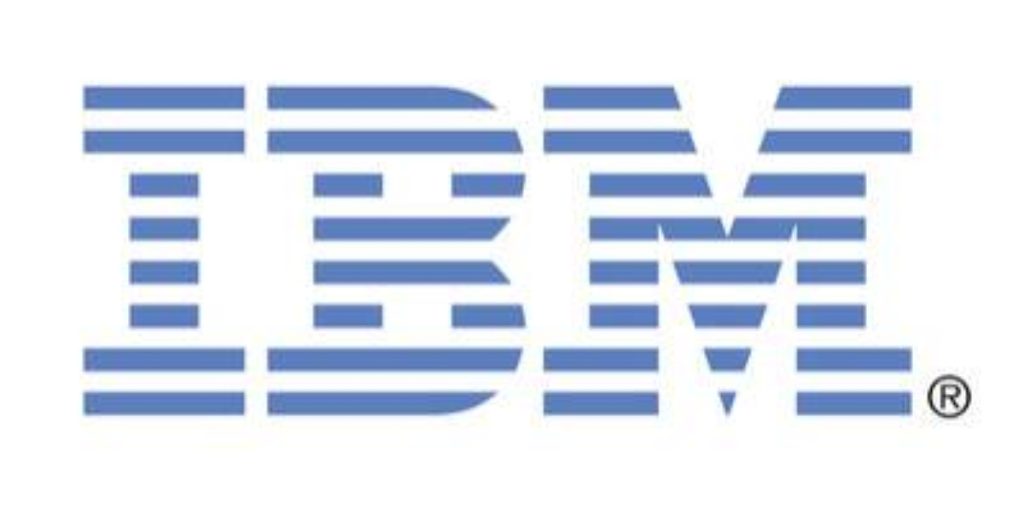IBM’s next-generation quantum computer, now online in Japan, is also connected to the supercomputer Fugaku to accelerate quantum computational power and accuracy
KOBE, Japan, June 24, 2025 /PRNewswire/ — IBM (NYSE: IBM) and RIKEN, a national research laboratory in Japan, today unveiled the first IBM Quantum System Two ever to be deployed outside of the United States and beyond an IBM Quantum Data Center. The availability of this system also marks a milestone as the first quantum computer to be co-located with RIKEN’s supercomputer Fugaku – one of the most powerful classical systems on Earth. This effort is supported by the New Energy and Industrial Technology Development Organization (NEDO), an organization under the jurisdiction of Japan’s Ministry of Economy, Trade and Industry (METI)’s “Development of Integrated Utilization Technology for Quantum and Supercomputers” as part of the “Project for Research and Development of Enhanced Infrastructures for Post 5G Information and Communications Systems.”
A photograph of the front view of IBM Quantum System Two at RIKEN Center for Computational Science in Kobe, Japan, co-located with RIKEN’s supercomputer, Fugaku. (Credit: IBM) IBM Quantum System Two at RIKEN is powered by IBM’s 156-qubit IBM Quantum Heron, the company’s best performing quantum processor to-date. IBM Heron’s quality as measured by the two-qubit error rate, across a 100-qubit layered circuit, is 3×10-3 (with the best two-qubit error being 1×10-3) – which is 10 times better than the previous generation 127-qubit IBM Quantum Eagle. IBM Heron’s speed, as measured by the CLOPS (circuit layer operations per second) metric is 250,000, which reflects another 10x improvement in the past year, over IBM Eagle.
At a scale of 156 qubits, with these quality and speed metrics, Heron is the most performant quantum processor in the world. This latest Heron is capable of running quantum circuits that are beyond brute-force simulations on classical computers, and its connection to Fugaku will enable RIKEN teams to use quantum-centric supercomputing approaches to push forward research on advanced algorithms, such as fundamental chemistry problems.
The new IBM Quantum System Two is co-located with Fugaku within the RIKEN Center for Computational Science (R-CCS), Japan’s premier high-performance computing (HPC) center. The computers are linked through a high-speed network at the fundamental instruction level to form a proving ground for quantum-centric supercomputing. This low-level integration allows RIKEN and IBM engineers to develop parallelized workloads, low-latency classical-quantum communication protocols, and advanced compilation passes and libraries. Because quantum and classical systems will ultimately offer different computational strengths, this will allow each paradigm to seamlessly perform the parts of an algorithm for which it is best suited.
This quantum computer expands IBM’s global fleet of quantum computers, and was officially launched during a ribbon-cutting ceremony on June 24, 2025, in Kobe, Japan. The event featured opening remarks from RIKEN President Makoto Gonokami; Jay Gambetta, IBM Fellow and Vice President of IBM Quantum; Akio Yamaguchi, General Manager of IBM Japan; as well as local parliament members and representatives from the Kobe Prefecture and City, METI, NEDO, and MEXT.
“The future of computing is quantum-centric and with our partners at RIKEN we are taking a big step forward to make this vision a reality,” said Jay Gambetta, VP, IBM Quantum. “The new IBM Quantum System Two powered by our latest Heron processor and connected to Fugaku, will allow scientists and engineers to push the limits of what is possible.”
“By combining Fugaku and the IBM Quantum System Two, RIKEN aims to lead Japan into a new era of high-performance computing,” said Dr. Mitsuhisa Sato, Division Director of the Quantum-HPC Hybrid Platform Division, RIKEN Center for Computational Science. “Our mission is to develop and demonstrate practical quantum-HPC hybrid workflows that can be explored by both the scientific community and industry. The connection of these two systems enables us to take critical steps toward realizing this vision.”
The installation of IBM Quantum System Two at RIKEN is poised to expand previous achievements by RIKEN and IBM researchers as they seek to discover algorithms that offer quantum advantage: the point at which a quantum computer can solve a problem faster, cheaper, or more accurately than any known classical method. This includes work recently featured on the cover of Science Advances, based on sample-based quantum diagonalization (SQD) techniques to accurately model the electronic structure of iron sulfides, a compound present widely in nature and organic systems. The ability to realistically model such a complex system is essential for many problems in chemistry, and was historically believed to require fault-tolerant quantum computers. SQD workflows are among the first demonstrations of how the near-term quantum computers of today can provide scientific value when integrated with powerful classical infrastructure.
About RIKEN
RIKEN is Japan’s largest research institute for basic and applied research. Over 2,500 papers by RIKEN researchers are published every year in leading scientific and technology journals covering a broad spectrum of disciplines including physics, chemistry, biology, engineering, and medical science. RIKEN’s research environment and strong emphasis on interdisciplinary collaboration and globalization has earned a worldwide reputation for scientific excellence.
Visit www.riken.jp for more information.
About IBM
IBM is a leading provider of global hybrid cloud and AI, and consulting expertise. We help clients in more than 175 countries capitalize on insights from their data, streamline business processes, reduce costs and gain the competitive edge in their industries. Thousands of governments and corporate entities in critical infrastructure areas such as financial services, telecommunications and healthcare rely on IBM’s hybrid cloud platform and Red Hat OpenShift to affect their digital transformations quickly, efficiently, and securely. IBM’s breakthrough innovations in AI, quantum computing, industry-specific cloud solutions and consulting deliver open and flexible options to our clients. All of this is backed by IBM’s long-standing commitment to trust, transparency, responsibility, inclusivity, and service.
Visit www.ibm.com for more information.
Media Contacts
Yohei Kawakami
IBM Japan
[email protected]
Dave Mosher
IBM Research
[email protected]
A photograph of the RIKEN Fugaku supercomputer. ©RIKEN

